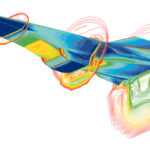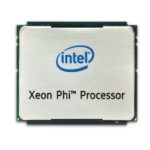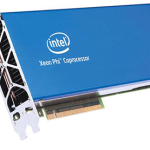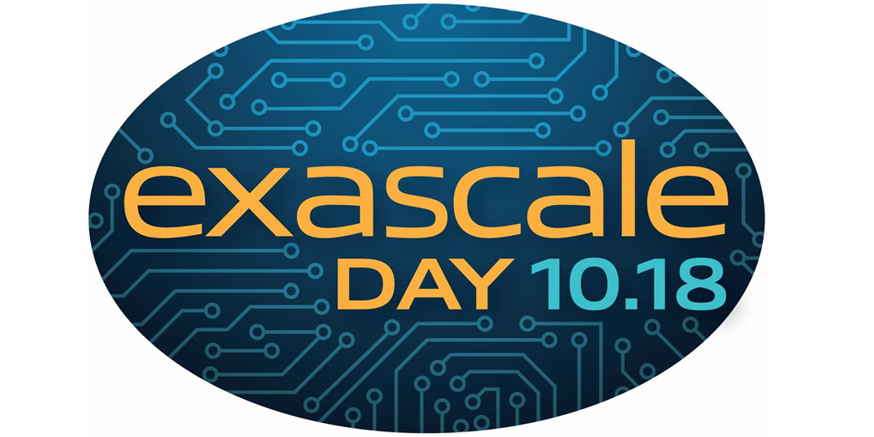The product design process has undergone a significant transformation with the availability of supercomputing power at traditional workstation prices. With over 100 threads available to an application in compact 2 socket servers, scalability of applications that are used as part of the product design and development process are just a keyboard away for a wide range of engineers.
Vectorization Leads to Performance Gains
Applications that can take advantage of the new vectorization capabilities of the Intel Xeon Phi processor will show tremendous performance gains. “When considering vectorization, there are different tools that can assist the developer in determining where to look further. The first is to look at the optimization reports that are generated by the Intel compiler and then to also use the Vector Analyzer that can give specific advice on what to do to get more vectorization from the code.”
Offloading vs Native Execution on Intel Xeon Phi Coprocessors
“Native execution is good for application that are performing operations that map to parallelism either in threads or vectors. However, running natively on the coprocessor is not ideal when the application must do a lot of I/O or runs large parts of the application in a serial mode. Offloading has its own issues. Asynchronous allocation, copies, and the deallocation of data can be performed but it complex. Another challenge with offloading is that it requires memory blocking. Overall, it is important to understand the application, the workflow within the application and how to use the Intel Xeon Phi coprocessor most effectively.”






